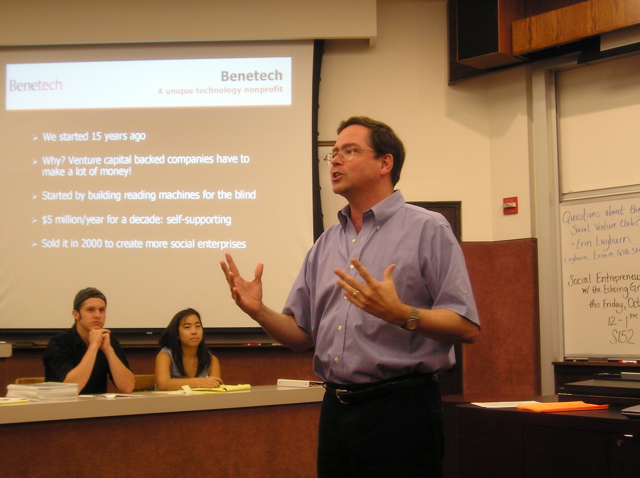 An acrolect is a register of a spoken language that is considered formal and high-style.
An acrolect is a register of a spoken language that is considered formal and high-style.
In the early 1970s, Derek Bickerton proposed the words acrolect, mesolect, and basilect to refer to the phenomenon of code-switching used by some users of creole languages who also have some fluency in the standard language upon which the contact language is based. The words subsequently were generalized to refer to code-switching between registers within any language.
In some ways, an acrolect is a spoken version of a literary language; acrolects frequently differ from ordinary spoken language by their vocabulary and syntax. More heed is taken of the norms of prescriptive grammar in words spoken in an acrolect than in casual speech. Acrolects are used on ritual occasions and performances, and at important, formal political gatherings such as inaugurations and prepared speeches before courts or legislatures.
Acrolects are also found in religious ritual; when read aloud in English, the language of the King James Bible and the Book of Common Prayer are perhaps the most conspicuous peaks in the continuum from acrolect to basilect. Their use of archaisms such as the old second person pronoun thou mark their spoken usages as belonging to a separate order of ritual speech.
Other languages have even more pronounced differences between acrolects and basilects. In Japanese, the continuum has been grammaticalized, and separate inflections mark and distinguish formal and informal Japanese. At the end of World War II, when the Emperor Hirohito announced the surrender of the Japanese forces in a broadcast radio address, his speech was imperfectly understood by his subjects because he composed it in a highly formal and archaic version of Japanese that was used only at the imperial court.
Another more extreme example of acrolect differences can be found in Chinese. For over two thousand years, Chinese maintained Classical Chinese as an acrolect and standard written language while its colloquial spoken language varieties evolved further and further away to become their own basilects. The gulf became so wide between the formal and colloquial languages that it was blamed for hindering education and literacy, and some even went to so far to blame it in part for the political turmoil that occurred in China during the 19th and early 20th centuries. This eventually culminated into the adoption of Vernacular Chinese, which was based on modern spoken Mandarin, for all formal communication. Although it is based on modern spoken Chinese, Vernacular Chinese still retains certain formal constructions and thus continues to serve as an acrolect to the other dialects of Chinese.
mesolect
A mesolect is a register of spoken language whose character falls somewhere between the prestige of the acrolect and the informality of the basilect. Mesolectic speech, where it is distinguished from acrolectic speech, is often the most widely spoken form of a language, generally being used by the middle class.
basilect
In linguistics, a basilect is a dialect of speech that has diverged so far from the standard language that in essence it has become a different language. A basilect represents the opposite end of the scale of linguistic formality from an acrolect.
Basilects typically differ from the standard language in pronunciation, vocabulary, and grammar, and can often develop into different languages, as the basilects of Vulgar Latin eventually developed into different Romance languages.